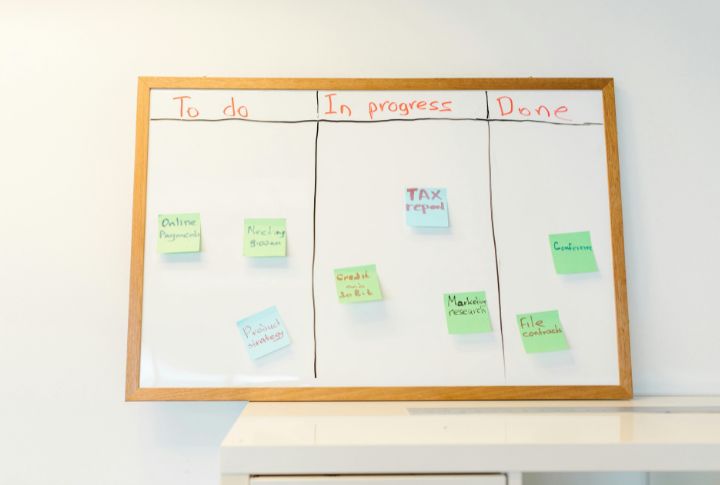
Before smartphones and fancy apps, people mastered time management with simple, effective techniques. These old-school strategies kept distractions at bay and productivity high. You don’t need an app—just discipline and a few tried-and-true habits. Want to get more done with less stress? Here are 10 timeless time management tips.
Wake Up At The Same Time Every Day

Your body thrives on routine, so beat the snooze trap. The most productive people wake up at the same time daily (yes, weekends included!). This habit trains your internal clock and eliminates grogginess. Control your wake-up time, and you’ll gain extra hours before distractions take over.
Plan Your Week In Advance

Old-school professionals didn’t have to guess their next move. They planned their week ahead of time and outlined key priorities. So, you should also try this if you do not want to waste time. Every Sunday, spend 15 minutes mapping out major tasks, and then on Monday, you’ll hit the ground running instead of scrambling for directions.
Set A Daily Top Three

Each day, identify three critical tasks that must be completed. These should be high-impact activities that directly contribute to your progress. Limiting your priorities to three key tasks helps eliminate distractions and improve efficiency. This method ensures that essential work is completed before attending to secondary tasks.
Do The Hardest Task First

Are you dreading a task? Why not get it done early? Top performers tackle their toughest assignments first, freeing up mental energy for the rest of the day. Although difficult, you must push through discomfort, handle the hardest job before noon, and watch how everything else feels easy. Procrastination dies when you lead with action.
Block Time For Deep Work

Great minds guard their focus. They schedule blocks of uninterrupted work time, which means no distractions and no multitasking. Set a timer, and head straight into the task. Whether an hour or an afternoon, this practice sharpens concentration. Guard your time like gold, and you will watch your productivity soar.
Identify And Eliminate Distractions

You might believe discipline is all about willpower, but it truly begins with self-awareness. Thinkers like Franklin and Aurelius practiced self-reflection to refine their habits. While they didn’t track distractions on paper, they observed and corrected inefficiencies. Follow their lead, and begin with detailed notes of what derails your focus for a week before implementing changes.
Use A Visual Reminder System

Out of sight, out of mind. That’s why sticky notes and whiteboards worked for past generations. Visual cues demand attention, so use color-coded notes or a Kanban board to highlight priorities. Additionally, keep your to-do list where you can see it. Clarity drives action and makes tasks impossible to ignore.
Focus On One Task at A Time

Productivity has always thrived on undivided attention. Skilled artisans and scholars mastered efficiency by completing one task before moving to the next. Splitting focus, on the other hand, weakens results. So, commit fully to a single task, and you’ll accomplish more with greater clarity and precision.
Take Breaks Like A Pro

Ever feel stuck even after working for hours? That’s your brain asking for a break. Short pauses boost focus, creativity, and efficiency. Some traditional office schedules once included designated break times, recognizing that short rests kept workers more focused and efficient. Step away, recharge, and return sharper—because real performance isn’t about pushing harder but working smarter.
Set Hard Stop Times

The most efficient people set work cutoffs and honor them. Pick an end time, and train yourself to finish faster. No dragging tasks late into the night, no burnout. A hard stop forces sharper focus and better execution. Over time, this habit improves time management and helps separate work from personal life. Start by picking a time, commit, and let go when it’s done.

